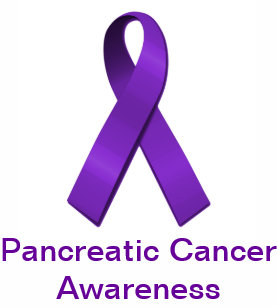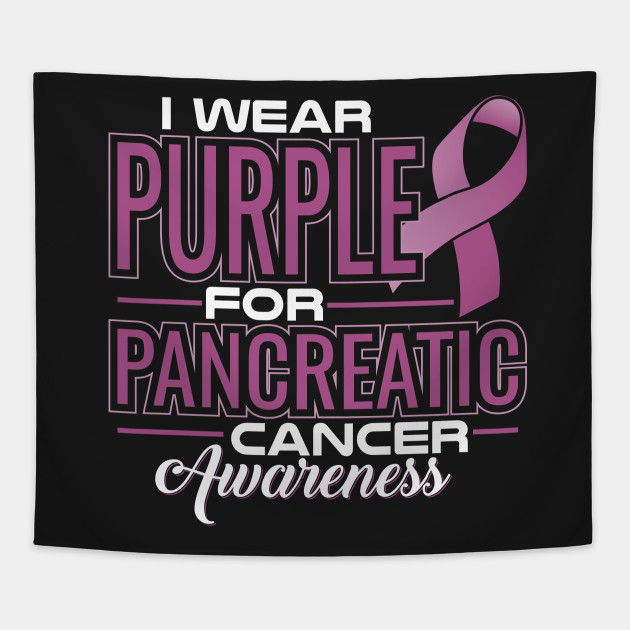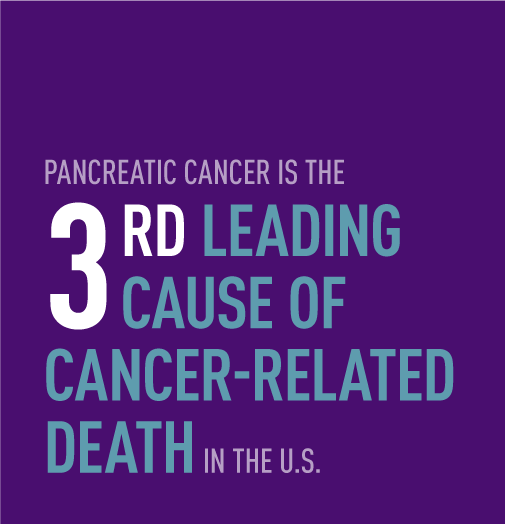In years time an average of 53,000 individuals will be diagnosed with pancreatic cancer. Out of that number almost 42,000 will die from the disease. Pancreatic cancer is most common among those who use tobacco, experience exposure to certain chemicals, have diabetes or are overweight. Being a man, over the age of 45 or family history of pancreatic cancer the higher chance of being diagnosed with pancreatic cancer.
Pancreatic cancer can form in two different types of cells located in the pancreas.
- The Exocrine cells that form the majority of the pancreas and are responsible for creating pancreatic enzymes, that are released into the intestines to help digest food.
- The endocrine cells make up fewer cells in the pancreas. These cells make vital hormones like insulin and glucagon that help control blood sugar levels
Both exocrine and endocrine form a different type of cancer and have different treatments and outcomes Exocrine cancers are the most common form of pancreatic cancer. Pancreatic neuroendocrine tumors are less common.
Pancreatic cancer is often present before any symptoms show up. When the symptoms do show up they must be taken seriously. Seek doctor attention no matter what signs arise Some symptoms include:
- Jaundice
- belly or back pain
- weight loss or poor appetite
- nausea, vomiting, pain after eating
- blood clots
- Liver or gall bladder enlargement
- Fatty tissue abnormalities
- Diabetes
- Low blood sugar
- Stomach ulcers
- Rash with swelling and blisters
Doctors will do additional tests and exams to find out what is going on. They will take your medical history as well as your family history. Early detection is key so that treatment can be done. Pancreatic cancer is normally treated with surgery, ablation/embolization, radiation, chemotherapy and other drugs. In general, those treated with surgery survive longer.
retweet post here
shared this post at these blog hops, parties and linkups



No comments:
Post a Comment
I love comments so if you have a minute leave me your thoughts on the above post